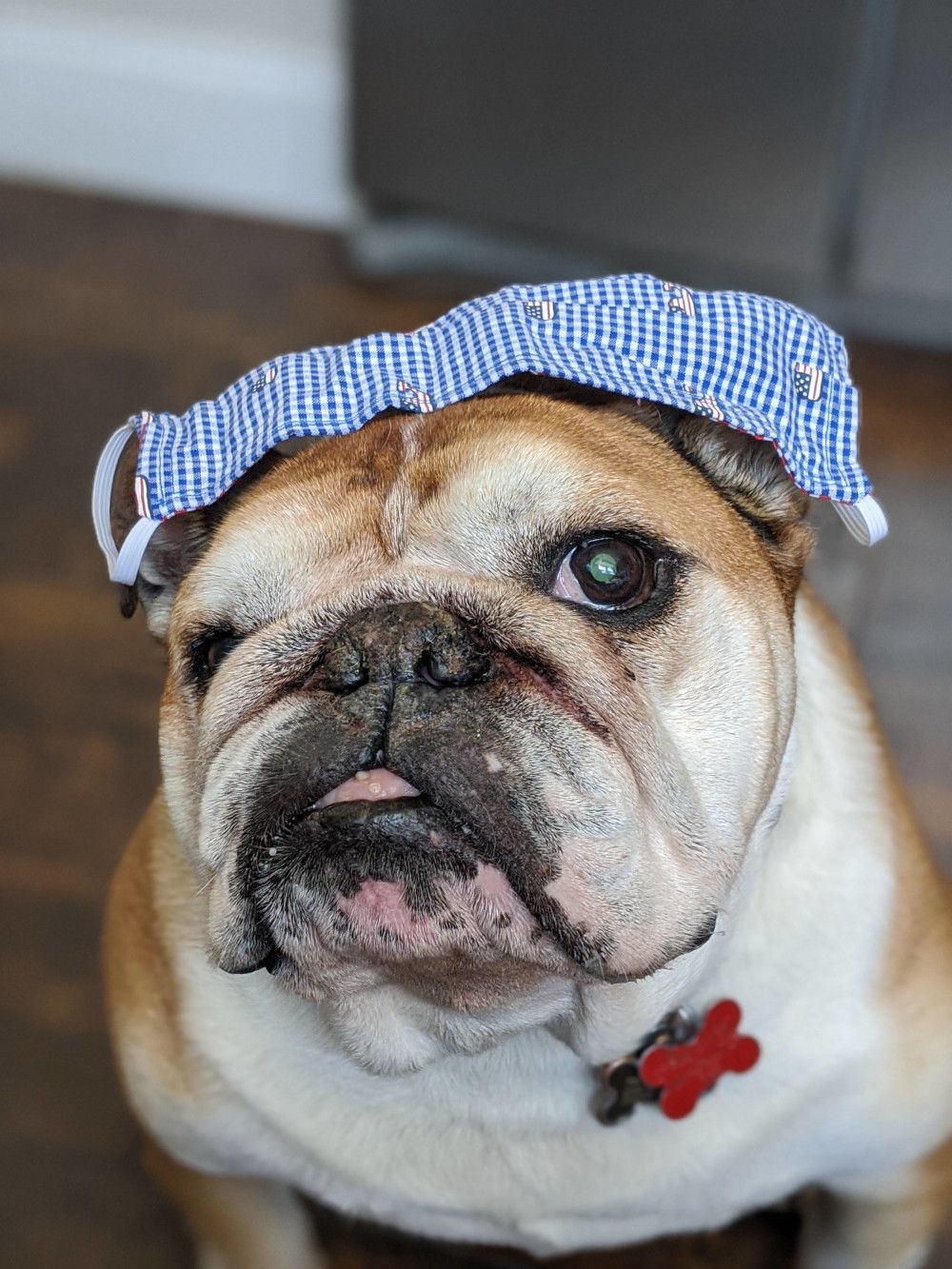Old Dog, New Trick

Yes, I am calling myself an old dog, but I'm super proud of this new trick I've learned! In fact, I feel like that old dog, that owners worry about because I seem depressed, so they go get a puppy to liven me up a bit. Little did they know, I would be transformed into my young, dynamic puppy form again! Maybe a little more than they expected.
I had the joy of listening to Liz Prather speak during our four week course. She outlined the 16 Step Project Based Writing that she created for her classroom. She spoke about a mile a minute as crammed as much as possible into our brief time together. As amazed and awed by her as I was, I had a hard time determining how to translate this into my classroom, but two days later, I was introduced to Shawna Coppola. I honestly wrote in my notes, "Shawna is the elementary version to Liz Prather's secondary."
I thought of myself as an "enlightened" kindergarten writing teacher. I have shunned the basal writing program teacher edition and banished it to the closet on the far end of the building. I lovingly haul my Lucy Calkin's Unit of Study books home almost every night to find inspiration for the upcoming mini lesson. But Shawna Coppola pushed me to say to myself, "Hey, is it enough to teach 'Launching the Writing Workshop' focusing on narrative? What do I really want my students to achieve?"
What I really want, is for my kids to tell a story. As Elizabeth Auguste writes, "They explained that the freedom to get ideas on paper using scribbles, invented spelling, and drawings is essential for students to develop an authentic self-identity of authorship." Those words, "self-identity of authorship." That begins with me, my students, my classroom.
So, you may ask, what exactly is my new trick? Well, it's simple, instead of being guided by a topic like narrative, I'm going to allow questions to guide our learning. For instance, how do we share a story? This is the basis for what use to be my narrative unit. We'll use mentor text to explore what is a story and what elements do we see in stories.
I'm realizing now, that this old dog actually picked up another new trick! Not only do I want to think about stories, but also, how are stories shared? That's right, we use wordless books, a single picture, or songs to tell a story. Why should I limit my students to one way of sharing? My goal, to create authorship, means sharing a story, not writing down the words. As Coppola said in our discussion, "The form chooses me." There are other ways to communicate that may be more appropriate than writing down the words. Shouldn't our students be given the same option?
I do still love Lucy Calkins. She's very inspiring with how she runs her workshop and I will continue to turn to her when I need help, but I'm indebted to Shawna Coppola on creating a mind shift that has revitalized my ability to teacher.
If you would like to see the beginnings of my "How do we share a story?" unit, you can access it here.
Bibliography
Prather, Liz. Project Based Writing. 29 June 2020.
Coppola, Shawna. Forms of Writing. 1 July 2020.
Calkins, Lucy, and Teachers College Reading And Writing Project (Columbia University. Units of Study in Opinion, Information, and Narrative Writing. Grade K. Portsmouth, Nh, Heinemann, 2013.
Auguste, Elizabeth. “The Balancing Act of Kindergarten Writing Instruction.” Ascd.Org, Apr. 2018, www.ascd.org/publications/educational-leadership/apr18/vol75/num07/The-Balancing-Act-of-Kindergarten-Writing-Instruction.aspx. Accessed 10 July 2020.
